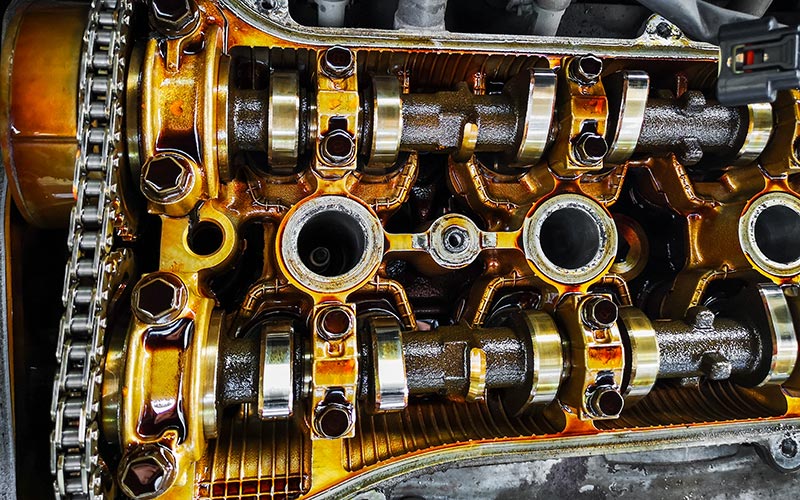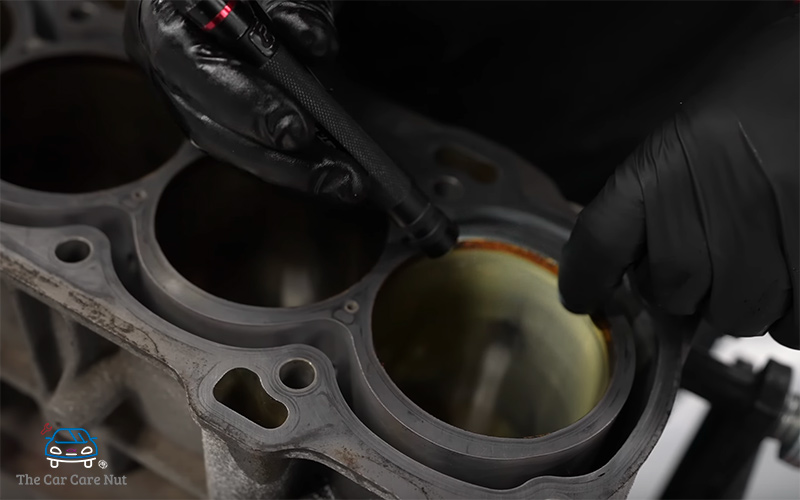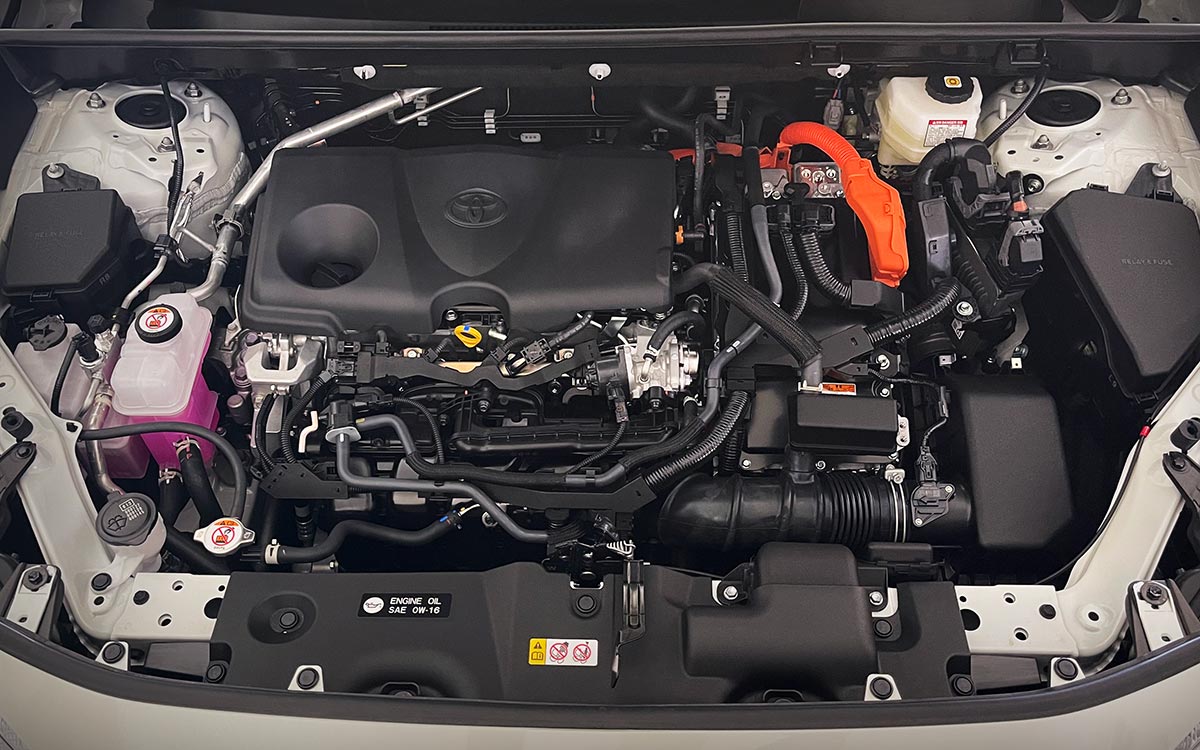Many security incidents take place in or around vehicles. This includes targeted killings, kidnappings, abductions, and of course carjackings. In fact, so many incidents take place involving vehicles that some security specialists are fond of saying that, “travel kills.”
I’ve had my own situations overseas in which vehicles either got me into or out of trouble. A few were close calls. Getting into trouble with a vehicle is simple. Just break down in the wrong place. It doesn’t even have to be at the wrong time. On the other hand, a well-maintained vehicle can get you out of trouble quickly. I can think of three personal experiences when this was the case while I was residing or working in a challenging area overseas. One involved a stalled vehicle in Afghanistan.
The point is, if one takes care of his or her vehicle, the vehicle will generally take care of him or her. A well-maintained car, truck, or motorcycle has a much better chance of getting you out of trouble quickly than does a poorly-maintained one. This is most evident when one has to push a vehicle to its limits to get out of trouble. A poorly-maintained engine can limp along for a long time under normal usage. When pushed to the limit of its capabilities during an emergency, however, it’s not unusual for one to fail when it’s needed most.
In addition to caring for tires and keeping up on changing other fluids when they are low or due for replacement, the most important thing one can do to keep an engine running well is to change the motor oil at least every 5,000 miles or six months (5K6M), whichever comes first.
Type this oil change interval advice into almost any car forum and it will blow up with comments. Users will note that many manufacturers now recommend not changing an engine’s motor oil until 10,000 miles or one year (10K1Y). It seems that everyone has a strong opinion on this subject. And yet, if you ask those who’ve actually torn-down and rebuilt an engine at least once, I suspect you’ll find agreement on the 5K6M advice.
I’ve rebuilt two motorcycle engines in my past. Once an individual dives deep into the inner-workings of an internal combustion engine, he or she gains an appreciation for the complexity and genius of what’s found there. It also quickly becomes apparent how important engine oil is to the health of a motor.

When I was younger I followed the 3,000 mile oil change interval recommended by my mentors. With the advancements in synthetic oils, I’m willing to shift to the 5K6M interval, but that’s it.
It’s difficult to see, yet in the image below a master Toyota mechanic is pointing to a worn area on a cylinder wall.

He attributes this damage to a Toyota owner following the manufacturer recommended 10K1Y oil change interval for 180,000 miles over six years. He does so in this and several other videos involving Toyotas of different years and various miles. If you have an interest in this topic, I highly recommend his video channel on YouTube. It’s called “The Car Care Nut.” Two videos I would especially recommend are titled:
1. How to make your Toyota Last Over 300k Miles without Major Repairs
2. Toyota Owners! Please Never Do This to Your Toyota!
AMD is just one of the mechanics who’ll tell you that following the 5K6M oil change interval will go a long way toward maintaining your vehicle in top shape. There are, of course, other factors. Caring for one’s vehicle can roughly equate to how people cared for their horses in the years before automobiles. Some horses were fed and treated well. Others were almost starved, used in a cruel manner, and regularly beaten. Which do you suppose would have the better chance of getting you out of trouble if necessary?
I’m thankful for the opportunity to start fresh with a brand new Toyota after owning and caring for our Honda Pilot for twenty years and one month. While there’s never any guarantee when it comes to mechanical things, I plan to give our new RAV4 the best chance I can to last at least twenty years.
Whether you have a newer model vehicle or an older one, we encourage you to see your car, truck, or motorcycle not just as a means of transportation, but as an important security asset. Caring for it well will give you the best chance of being able to depend on it if your vehicle is ever needed in an emergency situation.




0 Comments